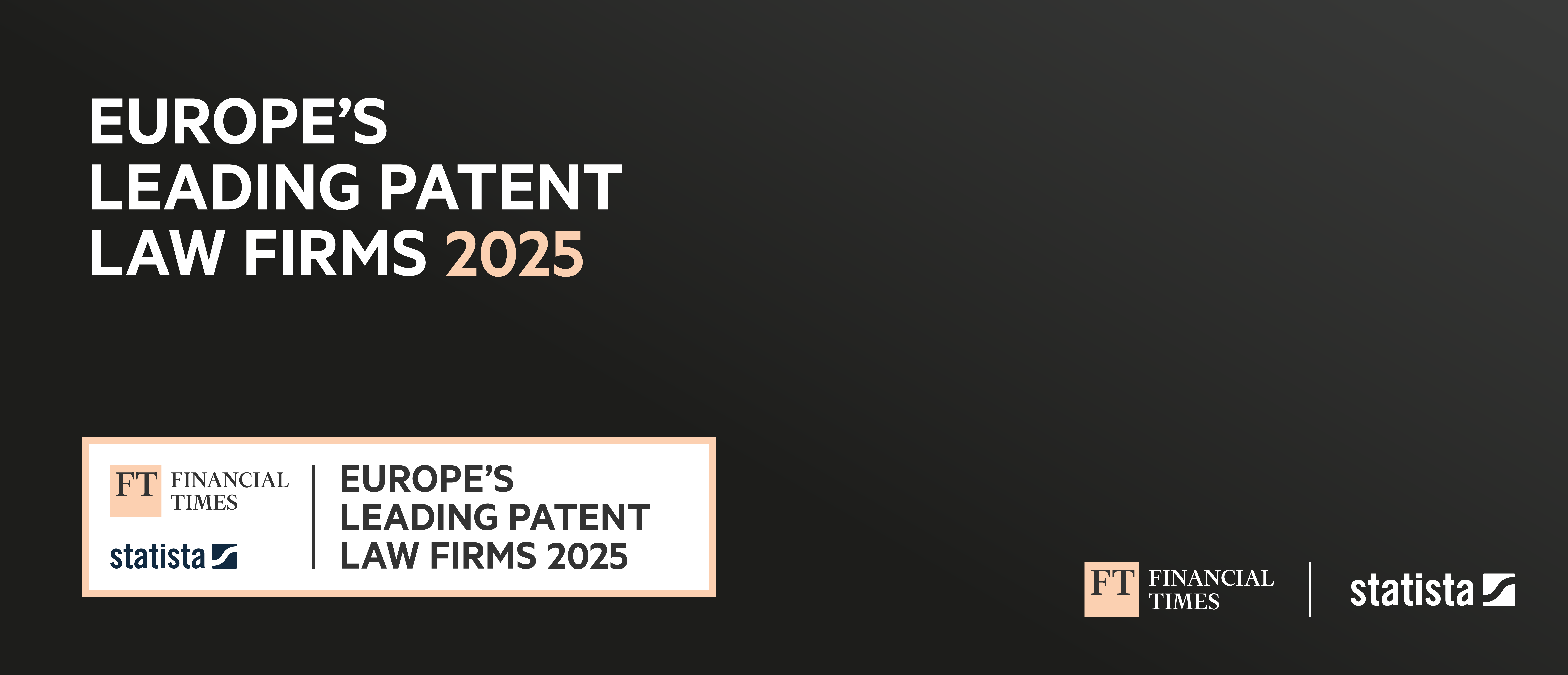

Scroll
Trademarks
The most familiar commercial designation from a legal perspective is the trademark. Traditionally, the main function of a trademark was to identify a product's place and company of origin. However, the ongoing process of harmonizing European trademark law means that it now plays a central role in what is widely known as 'commercial communication'. Trademarks enable a company to differentiate its products and services from similar offerings by its competitors. Unlike other protection rights, the trademark has above all become an important communication and marketing tool. For this reason, the primary aim of the trademark owners should be to establish the trademark as a seal of approval or a guarantee of quality. However, the more well-known the trademark becomes, the higher is the risk of competitors copying it or using its positive image to their own advantage.
Despite the fact that legal protection can even be established without registration once the trademark has reached a certain degree of familiarity, it is always advisable to have it registered in order to secure demonstrably the priority of one's rights.
The trademark, whether registered or not, is integrated into a system of additional commercial designations. Commercial designation rights also exist in parallel for company names as well as for names of literary works, motion pictures, sound recordings and plays.
Nowadays, it is also possible for private individuals who do not have their own business to register trademarks. Generally, the separation of the trademark from the existence of a business has resulted in greater marketability and what could be described as a boom in trademark registrations. However, it also led to an increase in trademark infringements and collisions. This is particularly so in the field of cyber law, where the problematic issue of domain names impacts on sensitive areas of trademark law.
Not only those who wish to register a trademark, but also those who want to use a sign on the Internet or in any business transaction are advised to carry out checks in advance so as to avoid collisions with established trademark rights. We have a comprehensive range of instruments at our disposal for carrying out and assessing investigations of this kind.
Trademarks are applied for and registered at the German Patent and Trademark Office (DPMA). Only trademarks that are of a sufficiently distinctive character may be registered. In contrast, purely descriptive reports and general terms, which are subject to a requirement that they be kept free for general use in commerce, cannot be considered. Whether a trademark can be registered at the DPMA or not depends increasingly on the argumentative abilities of the patent attorneys in question. The same applies to possible subsequent cases of litigation regarding two colliding trademarks.
In particular, the European Union trade mark and the International Registration (IR) system are available to applicants as effective international protection instruments.
